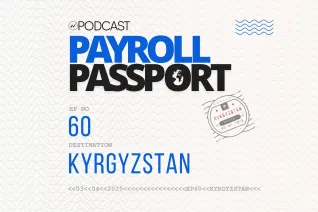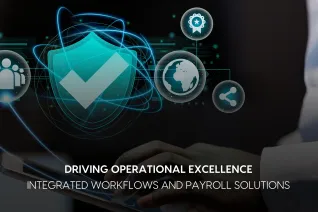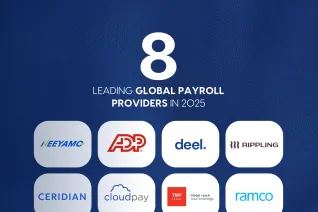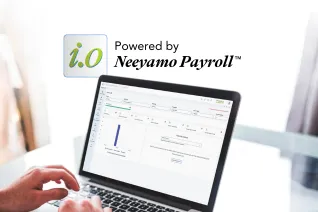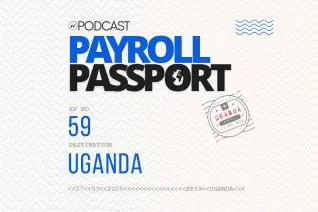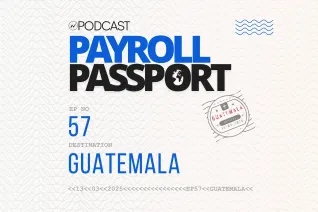Country Spotlight: Payroll in UAE

In a country like the United Arab Emirates, which comprises seven regions and more than 40 multidisciplinary free-trade zones (FTZs), payroll processing can be tricky.
The country has no federal Corporate Income Tax (CIT) regime.
However, under the Tax Decrees issued by each of the seven emirates, it is payable territorially under a progressive rate system with rates up to 55%. It is specifically applicable for foreign oil companies involved in petroleum activities and foreign bank branches.
CIT equates to a flat rate of 20% for foreign bank branches. However, tax exemptions for businesses in certain FTZs between 15 to 50 years are prevalent.
Regardless of where the business is registered, most entities in UAE are not required to pay corporate tax returns. The lack of mandatory employer tax makes UAE a prime candidate for global expansion.
ALSO READ | A Spotlight on Global Payroll Compliance Requirements in the Middle East and African regions
In addition to CIT, it is also imperative to understand two other key terminologies that revolve around the payroll process of UAE:
WPS
A major method of payment for employees in the UAE is through Wages Protection System (WPS).
The WPS was created by the Ministry of Human Resources and Emiratization (MOHRE) and the Central Bank of the UAE and released in 2019. The WPS is a cutting-edge electronic salary transfer system that allows private sector businesses to pay employees’ wages through banks, authorized financial institutions, and bureau de change.
Under WPS, the Ministry of Labor first verifies their registration in the portal and monitors an employee’s net pay. Failure to enlist can result in a lack of control and visibility. Some of the penalties are as follows:
- Loss of work permits
- Inhibits owner from forming new companies
- Enlisting the company in the third-grade category
- Liquidation of employees’ bank guarantees
Depending upon the severity of the situation, the company is also liable to be subjected to court referrals. Therefore, it is essential to have employees registered for it.
Once a firm successfully registers through WPS, the following steps must be completed before moving on to the payment procedure:
- Employers must open a bank account in the UAE
- A WPS contract between the employer and the bank or agent must be signed.
- Employers must provide the bank or agent instructions for salary disbursements.
- The UAE Wages Protection System is notified following which the Central Bank of the UAE passes on the information to MOHRE for verification.
- Once verified, WPS grants the employer’s bank or agent authorization to pay the employee’s salary. It is then transferred from the bank to the employee’s account.
While this is the general roadmap to making payments, once the WPS is verified and granted, employers have the option of providing the bank or agent with instructions for salary disbursement.

GPSSA
Another important aspect of UAE employment is GPSSA (General Pension and Social Security Authority), which is an independent federal authority with full financial and administrative freedom.
Its mission states:
“By excelling in managing the affairs of contributors and retirees and by optimal investment of financial resources, we provide for upcoming generations safety, reassurance and guarantee them a decent living.”
ALSO READ | Country Spotlight – Payroll in Singapore
Managing payroll data can be a difficult task, and keeping track of the procedures is time-consuming. This is where it can prove to be helpful to choose a service provider that is attentive to your requirements.
The right provider can help you navigate the labor-intensive process of meeting the country’s payroll requirements and regulations.
Neeyamo’s knowledge of UAE labor law, local statutory and legal compliance can help you focus on your needs and scale the highest peak for your business.
If your vision of increasing profit margins includes making the most of an attractive business location like the UAE, Neeyamo can lend a helping hand by taking care of all your payroll and EOR needs.
Latest Resources
Stay informed with latest updates
If you're curious and have a thirst for knowledge pertaining to the HR, payroll, and EOR universe, don't miss out on subscribing to our resources.





